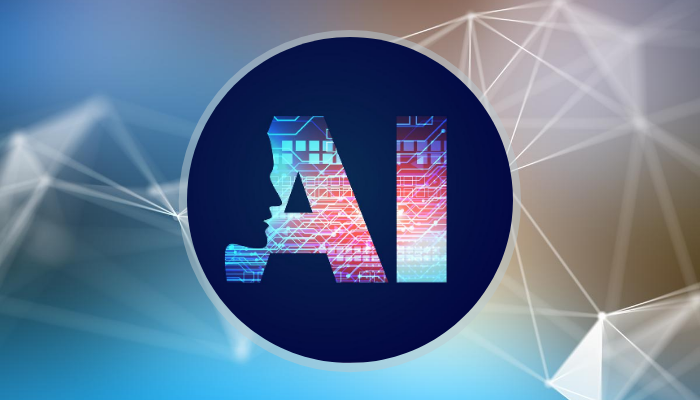Artificial intelligence, robotics, and workplace automation has grown by leaps and bounds in the past few years. Tasks that were at one time spectacular demonstrations by large companies are now the ground zero reality in many industries. The use of drones and robots to perform tasks during the COVID-19 pandemic is testimony to the fact that robotics is the way forward. Robotic process automation (RPA) is the latest trend in practice in today’s work environment. It has gained momentum in all fields with the onset of modern technology making huge developments in the automation industry all over the world.
How does RPA function?
There are three basic functions involved in RPA technology:
- Trigger: This is an action that triggers the process. For example, opening an application or a specific sensor button being pushed.
- Processing: This is a sequence of per-automated steps that the trigger causes the robot to take.
- Output: It is the business result of the automated process.
You might also be interested to read: Using People Analytics To Improve Workforce Planning During COVID-19
Deloitte conducted an RPA study that showed that more than 50% of companies have begun deploying robotic process automation technology in their day to day operations. RPA technology has the capability to reform the company’s core structure and therefore companies are starting small by evaluating and applying it to back office functions such as finance and human resource.
The application of RPA is predicted to transform the automation industry. The use of robotics to perform tasks that are repetitive, standardized, and less complex, usually performed by humans by removing the human elements, like errors or distraction is what makes RPA so attractive. The global RPA economy is expected to reach US$10.25 Billion by the year 2024, according to Analytics Insight. Many industries such as hospitality, healthcare, finance, telecom and insurance are adopting RPA to streamline repetitive functions and exploit their workforce’s human potential to the fullest.
It is a common misconception that the onset of RPA technology and the growth of automation will affect the low-skill and low-wage set of workers alone. While some low-wage labourers will get affected, even the highest paid workers such as CFOs, senior executives and also the CEOs have a significant amount of work that can be automated.
Impact of workplace automation
The human resource department is a great example of understanding how RPA will impact business. RPA technology is very useful for the on-boarding and off-boarding of employees and payrolls and benefits. These processes vary from company to company. By using RPA technology, tasks that would require human assistance would be automatically programmed into the system and thus cut out on manual labour. This allows the HR personals to focus and delegate more time on tasks that would require human interaction and judgment-based decisions. This is just one instance where RPA technology can be applied to simplify complex and time-consuming tasks.
As roles in organizations get redefined, the impact of automation on business will result in improved client experiences, fewer expenses and lesser mistakes. The impact of automation is immensely beneficial to organizations, which, in turn, is creating a huge demand in RPA job opportunities. As use of RPA requires a new set of skills, there is going to be a huge demand for jobs in the automation sector; automotive engineers, transmission experts, factory administrators. A research conducted by McKinsey & Company predicts that by 2030 as many as 375 million people will need to reskill themselves to be a part of the automation industry.
This change won’t come overnight and therefore companies will still need manpower for tasks that need technical capability, managing people and connecting with people. There is a growing demand for skills such as robotics, cyber security, automation management, artificial intelligence technologies which are all interconnected to RPA. Individuals with these skills are compensated higher as compared to other employment categories. This demand is set to increase and progress in the years to come.
Benefits of workplace automation
Since the dawn of the first industrial revolution, the apprehension of losing jobs to machines have been in people’s minds. But in actuality the industrial revolution created many job opportunities with a rise in productivity and efficiency. As a result, when faced with workplace automation, backed by AI technology, employees can remain optimistic. However, the need to upskill oneself to stay relevant remains large. The aim of RPA technology is to automate and simplify repetitive tasks. This helps to increase employee productivity, higher efficiency of resources and overall, great customer satisfaction. It goes without saying that companies that are first to adopt RPA technology will be the ones to dominate the market.
The future of work seems promising with organizations steadfastly switching to automation, bringing in a new era of technological advancement in the already competitive market.
References
- “What is Robotic Process Automation and will it replace your job? (How to Prepare for RPA)” by Ryan Youngberg
- “Four fundamentals of workplace automation” | McKinsey | Michael Chui, James Manyika, and Mehdi Miremadi | November 1, 2015
- “Automation could make the modern workforce more ‘human’ — here’s how” | Business Insider | Sponsor Content by Smartsheet | Feb 15, 2018
You might also be interested to read:
Related Topics:






